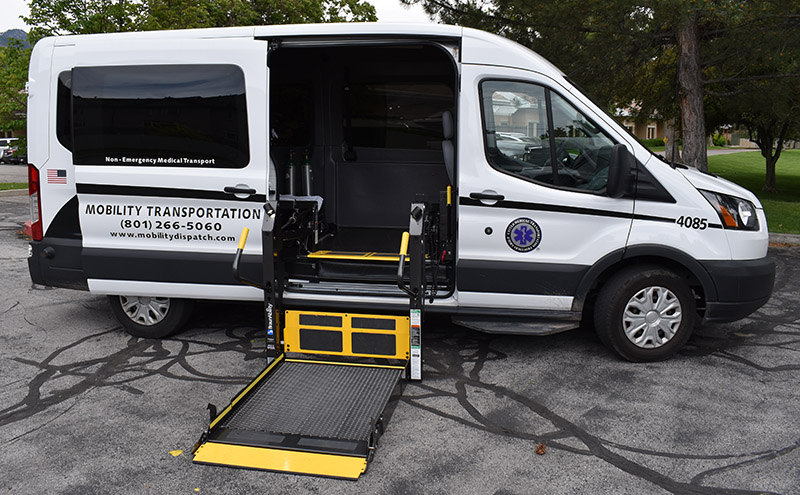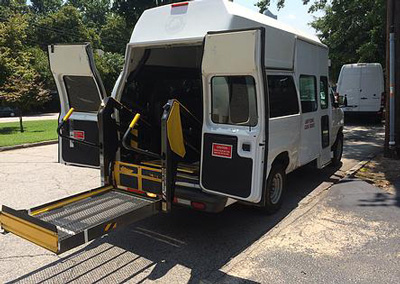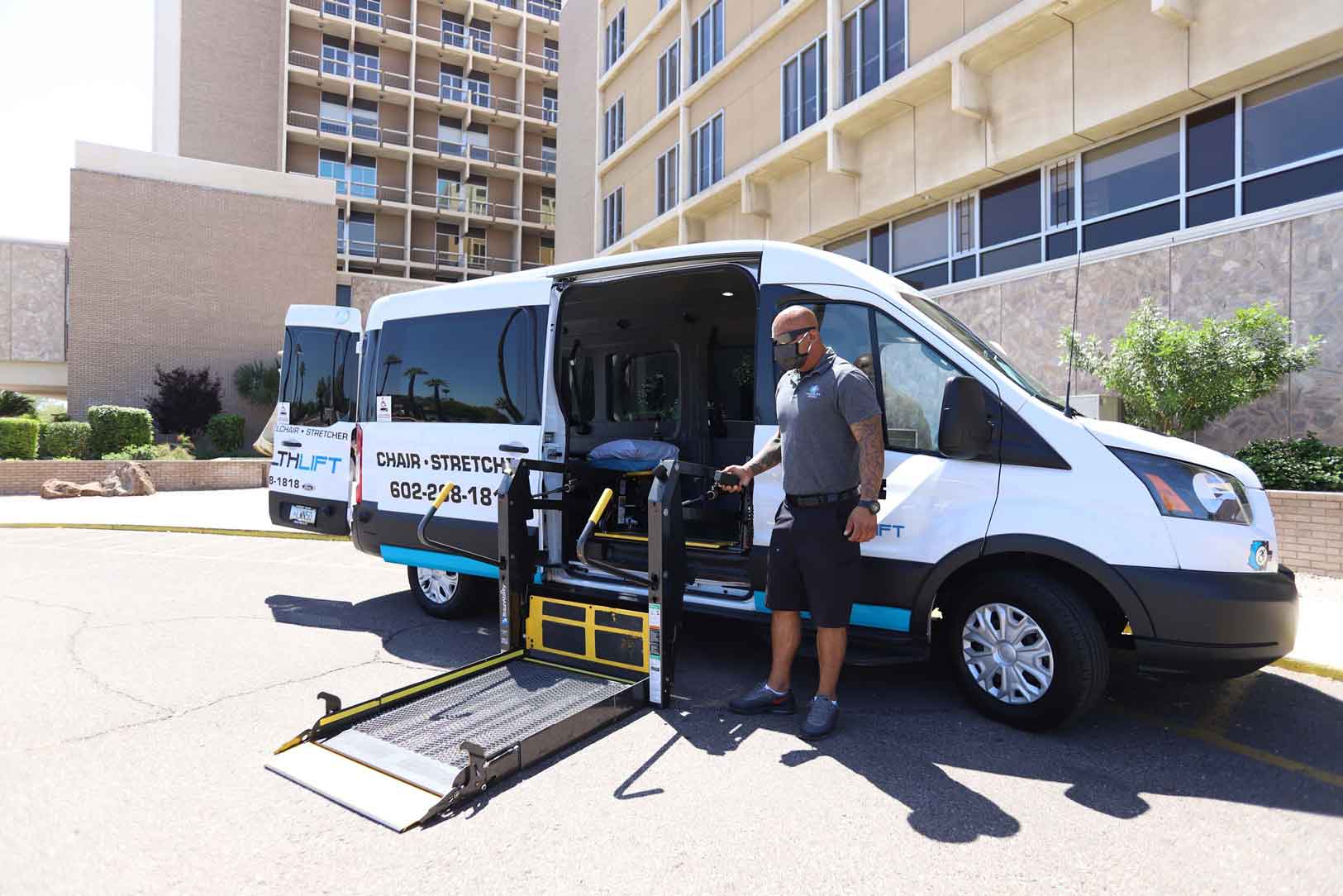Enhance Ease Of Access with Expert Medical Transportation Services Near Me
Easily Accessible and Affordable Medical Transportation Options for Seamless Wellness Assistance
In the realm of health care, the access and affordability of medical transport are extremely important in making certain people can access the treatment they need when they need it. From non-emergency clinical transportation services to ingenious remedies like telehealth, the landscape of medical transportation is advancing to meet the diverse demands of people.
Non-Emergency Medical Transportation Services

These solutions are staffed by trained professionals who prioritize individual convenience and safety and security during transit. Motorists are geared up to deal with people with differing clinical demands and ensure that all journeys are smooth and stress-free - Medical Transportation Services Near Me. In addition, non-emergency clinical transport solutions frequently use specialized vehicles that are wheelchair-accessible, making them suitable for a vast array of clients with different movement demands
Volunteer Motorist Programs
Volunteer motorist programs contribute in offering transportation assistance for individuals in requirement of non-urgent medical treatment. These programs rely upon the generosity of volunteers who contribute their time and lorries to assist transportation people to and from medical visits. By making use of volunteer drivers, companies can use a cost-efficient option for individuals that may not have access to reputable transportation.
Among the crucial benefits of volunteer vehicle driver programs is the customized care and focus that clients obtain. Unlike typical transportation solutions, volunteer vehicle drivers often create a connection with the individuals they help, creating a compassionate and encouraging environment throughout what can be a difficult time. In addition, volunteer motorist programs can assist bridge the void for individuals residing in rural or underserved locations where public transportation options may be restricted.
Public Transport Options

Among the key advantages of public transport is its extensive schedule in rural and metropolitan locations alike. This considerable network enables people from diverse histories to travel to medical visits with loved one ease. Furthermore, public transport systems are typically equipped to fit people with disabilities, supplying obtainable travel alternatives for those with mobility difficulties.

Ride-Sharing and Transportation Network Companies
The advancement of modern transport alternatives for clinical objectives extends beyond standard public systems like buses and trains to encompass the innovative realm of ride-sharing and transportation network companies. Ride-sharing services such as Uber and Lyft have transformed the method people travel to clinical appointments, offering convenience and adaptability to patients that might not have accessibility to their cars or conventional public transport. These platforms allow users to ask for an adventure with the touch of a switch on their smart devices, supplying door-to-door visit the website service that can be especially advantageous for individuals with mobility challenges or those calling for aid.
Transport network companies (TNCs) have also played a substantial function in bridging the void in clinical transportation solutions. Business like Veyo and RoundTrip specialize in non-emergency clinical transportation, accommodating patients that need a higher level helpful during their trips to medical centers. By partnering with health care providers and insurance providers, TNCs ensure that individuals can access timely and reliable transport options, ultimately adding to improved wellness outcomes and person contentment.
Telehealth and Digital Examinations
Enhancing healthcare access and benefit, telehealth and digital assessments have actually emerged as essential components in contemporary clinical practices, changing the way patients connect with doctor. Telehealth leverages modern technology to facilitate remote communication in between individuals and healthcare experts, using a wide range of solutions such as digital consultations, remote monitoring, and digital prescriptions. Virtual consultations make it possible for individuals to look for clinical guidance, diagnosis, and therapy from the convenience of their homes, removing the demand for physical visits to medical care facilities. This approach not only saves time and decreases transportation expenses for individuals yet also enhances the overall efficiency of healthcare shipment.
Furthermore, telehealth plays a vital function in extending clinical services to underserved communities, country locations, and individuals with limited mobility. By damaging down geographical obstacles and raising health care outreach, telehealth promotes very early intervention, connection of treatment, and useful content client interaction. As technology proceeds to development, telehealth is positioned to play an increasingly significant function fit the future of healthcare distribution, promoting improved wellness outcomes and person fulfillment.
Final Thought

From non-emergency medical transportation services to cutting-edge services like telehealth, the landscape of clinical transportation is developing to fulfill the diverse needs of people.Non-Emergency Medical Transportation Provider assist in the prompt and risk-free transport of people needing non-urgent clinical care to and from health care facilities.The advancement of modern transport choices for medical functions extends past conventional public systems like trains and buses to include the cutting-edge world of ride-sharing and transportation network business.Transport network companies (TNCs) have actually additionally played a considerable duty in connecting the space in clinical transport services. Non-Emergency Medical Transportation Providers, Volunteer Driver Programs, Public Transportation Options, Ride-Sharing and Transport Network Companies, read the full info here and Telehealth and Virtual Consultations all play an essential function in addressing transportation barriers to health care accessibility.